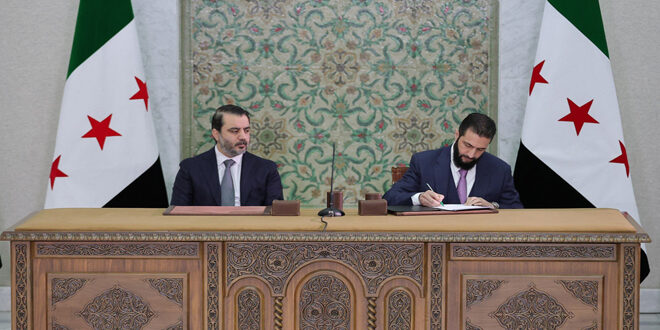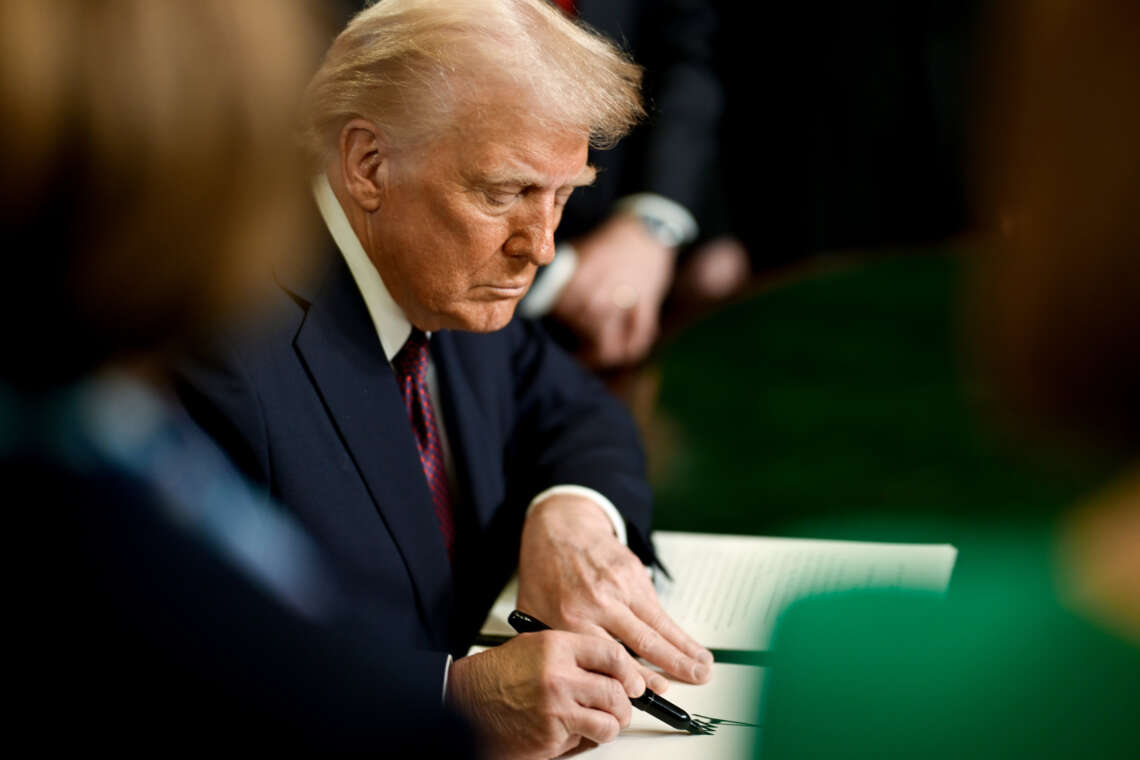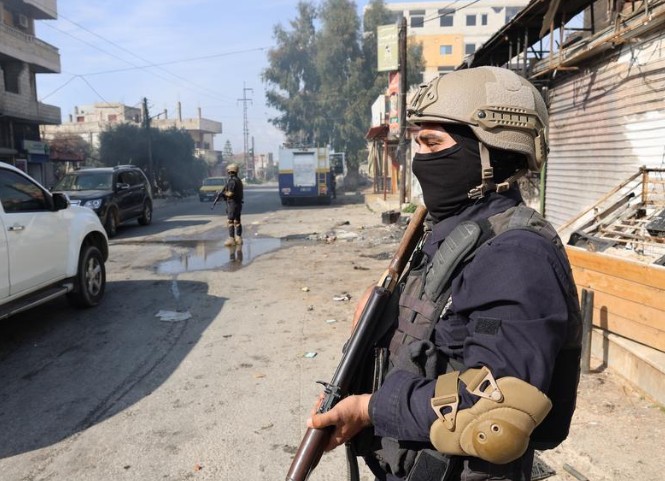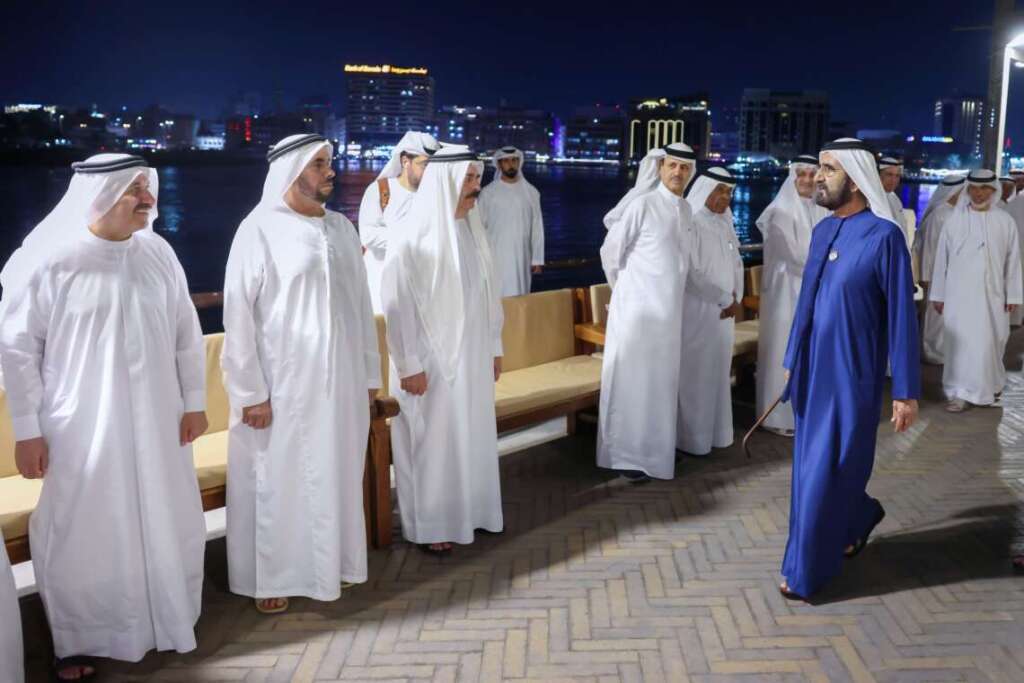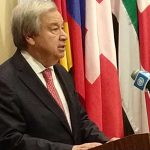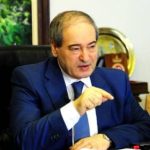The declaration enshrines several fundamental rights, including freedom of opinion, expression, the press, and access to information.
Syrian President Ahmad al-Sharaa signed the draft Constitutional Declaration on Thursday, marking a significant step in the country’s transition. The declaration outlines a framework for governance during the five-year transitional period following the end of Bashar al-Assad’s rule.
“We hope this step will open a new chapter for the Syrian people, leading to progress, reconstruction, and development,” President al-Sharaa stated after receiving the document from the drafting committee. “May it replace ignorance with knowledge and suffering with mercy,” he added, signalling hopes for national unity and reform.
The Committee of Experts tasked with drafting the declaration announced at a press conference that it had worked diligently since its formation. The document is based on the outcomes of the National Dialogue Conference, reflecting key principles aimed at stabilising the country.
The declaration enshrines several fundamental rights, including freedom of opinion, expression, the press, and access to information. It also reaffirms the state’s commitment to national unity and respect for Syria’s diverse cultural identities.
“We made sure to include a dedicated chapter on rights and freedoms to balance societal security with personal liberty,” the committee stated. The document guarantees property rights, women’s access to education and employment, and their political participation.
Judicial independence is another key provision, with the declaration emphasising the autonomy of judges and their rulings. The People’s Assembly is granted full legislative authority, while executive powers rest with the President of the Republic. Any dismissal or reduction in the powers of a People’s Assembly member will be handled internally by the legislative body.
The declaration sets a five-year transitional period, during which the President has the authority to declare a state of emergency if necessary.
The signing of the draft declaration marks a crucial step in Syria’s political transition, but challenges remain as the country navigates its path toward stability and governance.
In a significant development, Al-Sharaa announced on Monday that his government had reached a landmark agreement with the US-backed Kurdish-led authorities in northeastern Syria. The pact includes a ceasefire and an agreement to integrate Kurdish-led forces into the central government’s security apparatus.
This deal follows intense fighting last week, when government forces and their allies quashed an insurgency launched by Assad loyalists. Rights groups report that hundreds of civilians, particularly from Assad’s Alawite sect, were killed in retaliatory attacks during the conflict.
The international response to Syria’s evolving political landscape remains cautious. The United States and European nations have so far refrained from lifting stringent sanctions imposed during Assad’s rule, citing concerns over whether the new leadership will establish an inclusive political system and protect minority rights. Al-Sharaa and other regional leaders have urged Western powers to reconsider their stance, warning that continued economic instability could further destabilize the country.
Xxx
Humanitarians help Syria’s coastal residents
The United Nations and partners have mobilised relief efforts to help residents in Syria’s western Latakia Governorate recover from recent violence, UN humanitarians said. The UN Office for the Coordination of Humanitarian Affairs (OCHA) said power outages continue in several regions, including the governorate’s capital city of Latakia. Water distribution is affected by the outages, mainly in rural areas, Xinhua news agency reported.
Schools in Latakia and Tartous have been suspended. Bakeries are operational, and shops are reopening, though essential materials and fuel remain scarce. The UN Children’s Fund (UNICEF) supplied 38 tonnes of water treatment supplies to Latakia’s water authority, covering more than two months of needs.
The agency also provided five water tanks to Jableh National Hospital in Latakia to replace damaged ones. UNICEF and its partners are helping maintain the Al Sin Spring generator in Tartous to ensure a drinking water supply for the population. Health partners delivered emergency supplies, including 64 trauma and emergency surgical kits and non-communicable disease treatments to Tartous and Latakia.

